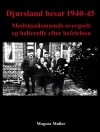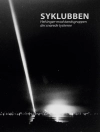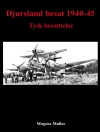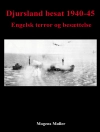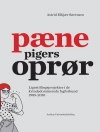Whether we think of statues, plaques, street-names, practices, material or intangible forms of remembrance, the language of collective memory is everywhere, installed in the name of not only nations, or even empires, but also an international past. The essays in Sites of International Memory address the notion of a shared past, and how this idea is promulgated through sites and commemorative gestures that create or promote cultural memory of such global issues as wars, genocide, and movements of cross-national trade and commerce, as well as resistance and revolution.
In doing so, this edited collection asks: Where are the sites of international memory? What are the elements of such memories of international pasts, and of internationalism? How and why have we remembered or forgotten “sites” of international memory? Which elements of these international pasts are useful in the present?
Some contributors address specific sites and moments—World War II, liberation movements in India and Ethiopia, commemorations of genocide—while other pieces concentrate more on the theoretical, on the idea of cultural memory. UNESCO’s presence looms large in the volume, as it is the most visible and iconic international organization devoted to creating critical heritage studies on a world stage. Formed in the aftermath of World War II, UNESCO was instrumental in promoting the idea of a “humanity” that exists beyond national, regional, or cultural borders or definitions. Since then, UNESCO’s diplomatic and institutional channels have become the sites at which competing notions of international, world, and “human” communities have jostled in conjunction with politically specific understandings of cultural value and human rights.
This volume has been assembled to investigate sites of international memory that commemorate a past when it was possible to imagine, identify, and invoke “international” ideas, institutions, and experiences, in diverse, historically situated contexts.
Contributors: Dominique Biehl, Kristal Buckley, Roland Burke, Kate Darian-Smith, Sarah C. Dunstan, David Goodman, Madeleine Herren, Philippa Hetherington, Rohan Howitt, Alanna O’Malley, Eric Paglia, Glenda Sluga, Sverker Sörlin, Carolien Stolte, Beatrice Wayne, Ralph Weber, Jay Winter.
عن المؤلف
Glenda Sluga is Professor of International History and Capitalism at the European University Institute in Florence, and Professor of International History at the University of Sydney.Kate Darian-Smith is Executive Dean and Pro Vice-Chancellor College of Arts, Law and Education at the University of Tasmania, Australia, and Professor of History.Madeleine Herren is Professor of Modern History and Director of the Institute for European Global Studies, University of Basel, Switzerland.



